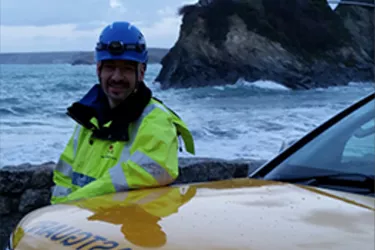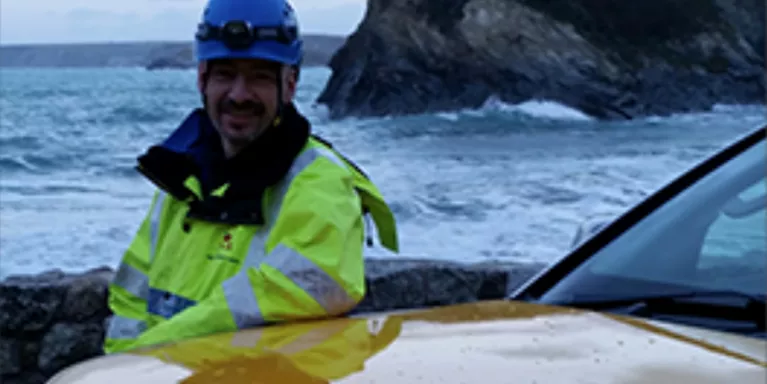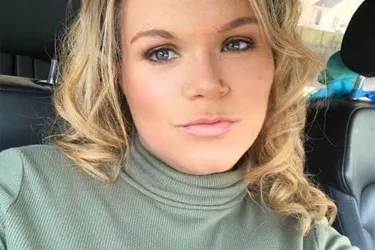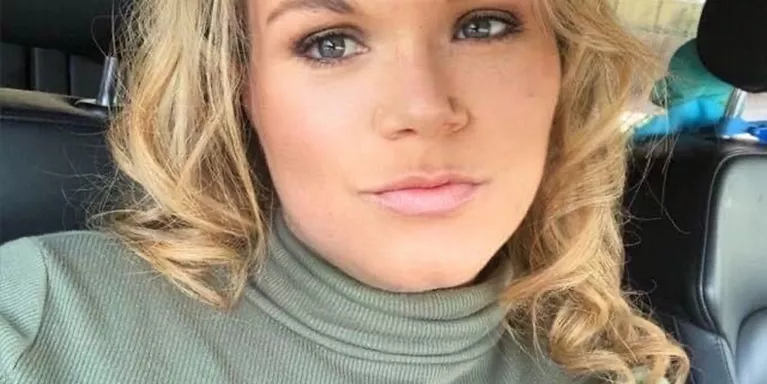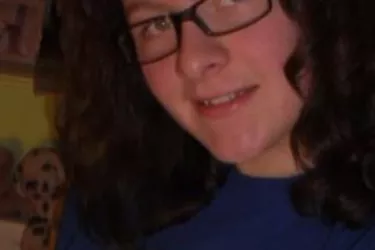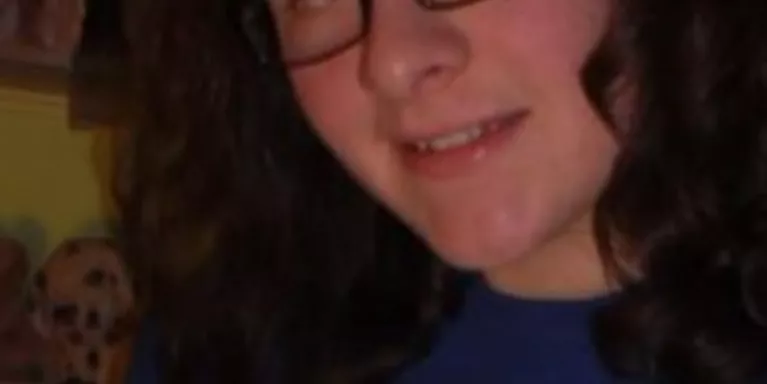My experience of feeling suicidal
Regie blogs about his experiences of feeling suicidal and how he found support.
Regie has been a member of the police service for 23 years, he is also a volunteer coastguard and a Champion in our Blue Light programme.
I have been a member of the police service for 23 years. In addition to my full-time career as a police officer, I am also a volunteer coastguard rescue officer.
I really like both of my roles as they allow me to help others – there is something incredibly rewarding about having a positive impact on someone’s life. However there are significant challenges facing everyone who works in the public sector these days. We have less resources and a higher workload, yet we still want to do our best for the public.
I first faced suicidal thoughts in the late 90s. My marriage had collapsed and I was facing financial ruin.
"I could not see any way out, and I felt like a complete failure. It was not a case of wanting to die, but more no longer wanting to live – I was just so tired of everything."
One night I broke. I sent my ex a message, telling her to say goodbye to my children, and I took myself off to a remote spot, to try and take my own life in the pouring winter rain.
Luckily, I woke up. I was hypothermic and really poorly, but I realised then that I did not want to die. I managed to text my location to a friend and my colleagues found me. It was all very embarrassing as we did not talk about mental health problems.
"Back then there was a real stigma, a ‘big boys don’t cry’ attitude; so I buried it and carried on."
About five years ago, I had a lot of issues at work, and at the same time I was having personal problems. Life was becoming difficult again, and the suicidal thoughts returned.
This time though, there was less stigma, more open conversations about mental health problems, and more support services available.
At work, we have a mental wellbeing network. Through their intranet pages, I found links to Mind and Outlook South West.
"As soon as I started looking at the information and personal stories, it resonated with my own experiences, and things started to fall into place."
I then contacted Outlook South West and eventually arranged to get professional help. I also learnt better ways of looking after myself (physical activity, eating right, building social connections) and improving my emotional resilience.
"I still went through a rough time with depression during this period, but I didn’t end up in the same position I had first time."
If you’re experiencing suicidal feelings, know that you are not alone! One of the things that really inspires me is the insight my volunteering gives me. At any time, no matter who you are, or what you have done, there are always people out there who are willing to drop what they are doing to come to your aid. Complete strangers, with no expectation of reward or thanks.
"Do not be afraid to reach out and say, “I am feeling rubbish. I am having thoughts of suicide. I need a little help.” Things can always get better. No matter how bad they are, tomorrow is a new chance for a better day."
And if you know someone who’s experiencing suicidal feelings, don’t judge them, don’t be dismissive, don’t laugh. Just listen, show empathy, and show respect. If someone is feeling suicidal, what they need is a little love, care, and compassion. You don’t need to fix their problems, you just have to support them while they fix them.


Information and support
When you’re living with a mental health problem, or supporting someone who is, having access to the right information - about a condition, treatment options, or practical issues - is vital. Visit our information pages to find out more.
Share your story with others
Blogs and stories can show that people with mental health problems are cared about, understood and listened to. We can use it to challenge the status quo and change attitudes.










